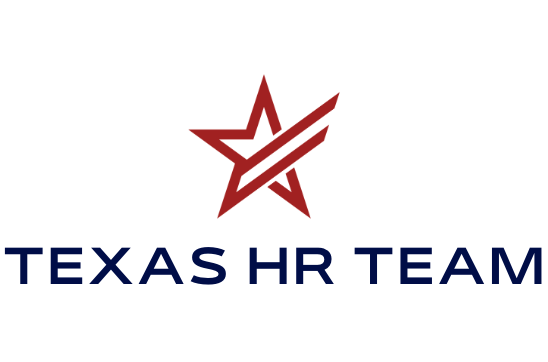How Fractional HR Support Can Improve Workforce Retention

As a small- to mid-sized business owner, you may have struggled with high turnover rates and losing valuable employees. Retaining top talent is crucial for the success of your business. Fortunately, there is a solution to this problem: workforce retention consulting. And if you're looking for even more flexible and cost-effective HR solutions, fractional HR support is the answer. In this article, we'll explore how this type of human resources help can improve workforce retention for a business like yours.
What Is Fractional HR Support?
Fractional HR support is a flexible and cost-effective solution for small- to mid-sized businesses that need HR expertise on a part-time or project basis. Rather than hiring full-time personnel, fractional human resources support allows you to outsource HR functions to a team of experts who can provide on-demand assistance as needed.
How Can This Improve Workforce Retention?
Employee retention is a crucial aspect of running a successful business. High turnover rates can cost your company time, money, and valuable talent. Here are some ways that fractional HR support can help improve workforce retention:
Compliance Management
Compliance management is a critical aspect of human resources that can be challenging to navigate. With fractional HR support, you can ensure that your company is compliant with federal and state regulations, such as FMLA, FLSA, and EEOC. By staying up to date on compliance issues, you can avoid costly fines and legal battles that could harm your company's reputation. This is why it is vital to contact Texas Team HR for workforce retention consulting.
Employee Engagement
Employee engagement is a crucial factor in workforce retention. This type of HR guidance can help you create and implement employee engagement programs that foster a positive work environment. These programs are recommended by workforce retention consulting and can include recognition and rewards programs, wellness initiatives, and development opportunities.
Performance Management
Performance management is another critical aspect of human resources that contributes to workforce retention. With fractional human resources support, you can implement systems that help your employees reach their full potential. This can include regular performance reviews, goal setting, and feedback mechanisms that provide your employees with the encouragement they need to succeed.
Recruitment and Onboarding
Recruitment and onboarding are critical stages in the employee lifecycle that can impact workforce retention. With fractional HR support, you can streamline these processes to ensure that new hires feel welcomed and helped from day one. This can include creating job descriptions, posting job ads, conducting interviews, and providing new hire orientation.
Cost-Effective Solutions
One of the most significant benefits of fractional HR support is that it is a cost-effective solution for small- to mid-sized businesses. Rather than hiring a full-time employee, you can outsource HR functions to a team of experts who practice workforce retention consulting. This team of professionals can also provide on-demand support as needed.
This can help you save money on overhead costs while still receiving high-quality human resources guidance.
Call Texas HR Team to Improve Workforce Retention
At Texas HR Team, we understand the importance of workforce retention for small- to mid-sized businesses. That's why we offer flexible and cost-effective workforce retention consulting that can help you retain your top talent. Whether you need compliance management, employee engagement programs, performance management systems, or recruitment and onboarding support, we are here to help. Contact us to learn more about how we can help improve workforce retention for your business in Frisco, TX. Call us today at 469-598-4845 for a complimentary consultation.

